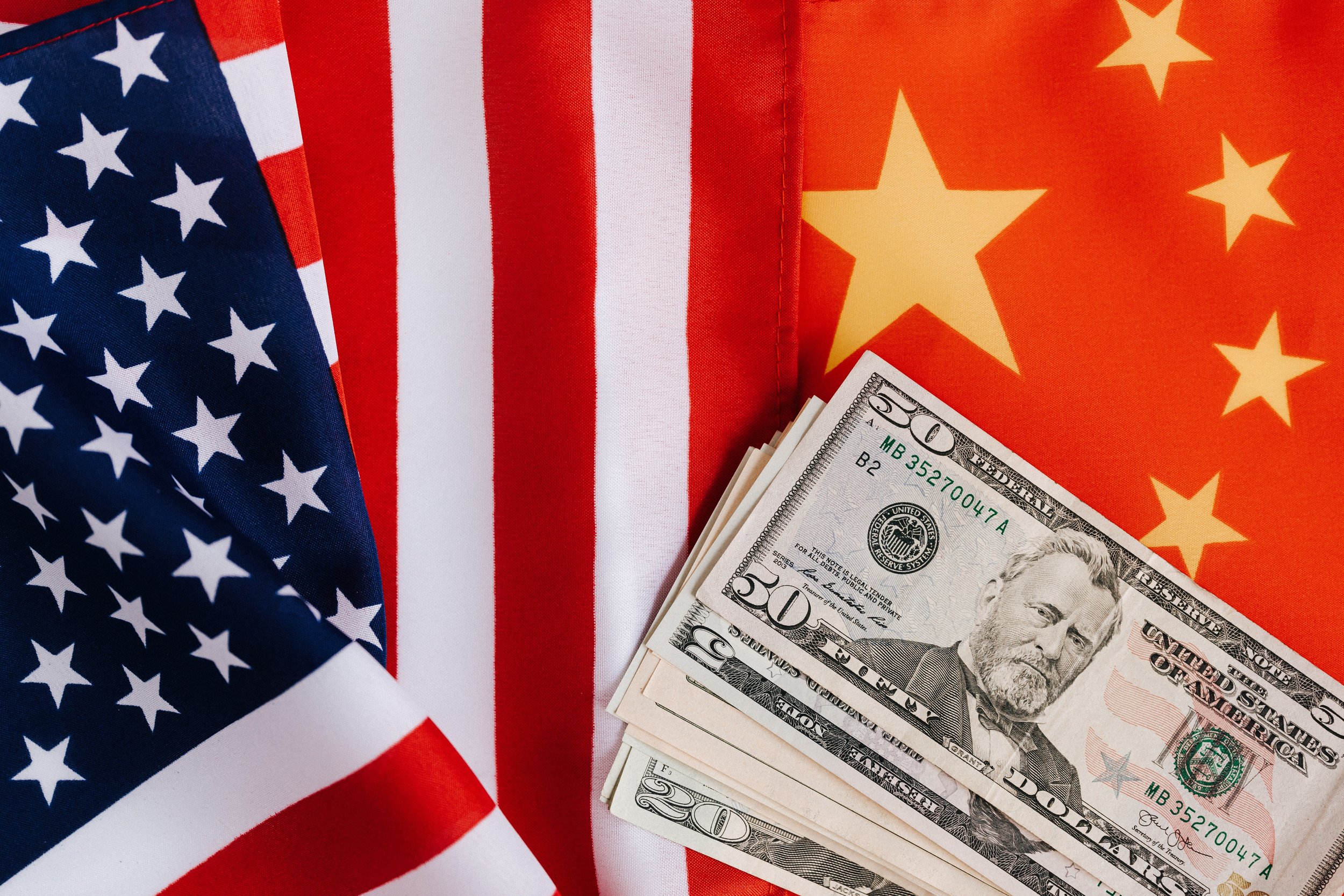Porsche Drives Sustainability with New Electric Trucks and Alternative Fuels
Porsche is ramping up its sustainability efforts in logistics by rolling out six new electric trucks across its Zuffenhausen, Weissach, and Leipzig facilities. These vehicles will work alongside the current fleet of 22 biogas-powered trucks, transporting production materials. One additional electric truck will deliver vehicles from Zuffenhausen to Switzerland. Additionally, Porsche is trialing synthetic fuels (HVO100) on 12 trucks at Zuffenhausen under the guidance of the Karlsruhe Institute of Technology.
Albrecht Reimold, Porsche’s Executive Board Member for Production and Logistics, emphasized that decarbonization is a crucial part of the company's sustainability strategy. The fleet expansion reflects Porsche's commitment to mixing different eco-friendly drive types to reduce emissions effectively. Their logistics partners—Keller Group, Müller, and Elflein—will operate these electric trucks on green electricity, and Galliker will use one for vehicle deliveries to Switzerland.
With this move, Porsche is paving the way toward greener, more efficient transport logistics.
Read more at Clean Technica
Why This Matters:
Porsche’s push for electric trucks and alternative fuels is worth caring about because it signals a major shift in how big brands are tackling sustainability. If Porsche is diving headfirst into electric fleets and alternative fuels, it’s a clear sign that sustainable transport is the future, and the market will soon demand it from everyone.
Our Take:
The race is on, and logistics companies should start revving their engines now to integrate greener tech. Porsche is proving that you can blend different eco-friendly drives and make it work.
The U.S. Treasury Department recently updated the rules for electric vehicle (EV) tax credits under the 2022 Inflation Reduction Act, stirring up a bit of a storm.
Taiwan's biggest quake since 1999 could jolt the semiconductor supply chain across Asia.
So, Nikola Corp, the electric-vehicle maker, is in a bit of a legal tussle with EMBR.
President Biden has announced America's strictest vehicle exhaust emissions regulations yet, aiming to push the auto industry towards all-electric cars.
In the past year, over a million fully electric cars, trucks, and SUVs were sold in the U.S., marking a record in the country's shift away from gas-powered vehicles.
Apple has called it quits on its ambitious Apple car project, known internally as 'Project Titan', reallocating its 2000-strong workforce.
The US Department of Energy (DOE) is investing $30 million to bolster the electric vehicle battery supply chain in the country.
The EV market is experiencing some shifts: Tesla, Ford, and General Motors are adjusting strategies.
Rivian Automotive Inc. saw its shares bounce back slightly on Monday after a tough week marked by disappointing earnings.
Starting a new automaker is no easy feat, and it's been a rarity in the last four decades. It's not just about designing a car but also establishing the necessary infrastructure.
Three major medium- and heavy-duty truck manufacturers - Daimler Truck North America (DTNA), Navistar Inc., and Volvo Group North America - have teamed up to create Powering America’s Commercial Transportation (PACT), an initiative aimed at advancing electric truck infrastructure.
Stellantis has made a significant announcement about the separation of 539 supplemental employees from its U.S. manufacturing operations, a move that has sparked concerns, especially from United Auto Workers (UAW) President Shawn Fain.
As of January 1st, the Biden administration's updated rules now have a significantly reduced number of electric vehicle models eligible for the popular $7,500 consumer tax credit.
The development of a European battery supply chain for electric vehicles independent of China is facing significant delays as companies shift their focus to the US market due to clean energy subsidies offered by the US Inflation Reduction Act.
A Reuters report highlights Tesla's alleged negligence in addressing known defects in its vehicles, including suspension and steering systems, and making customers pay for repairs.
Stellantis, the owner of several car brands, is teaming up with Ample, a California-based startup, to introduce city cars with quick-swappable high-voltage batteries.
The Biden administration has introduced rules aimed at reducing China's influence in the U.S. electric vehicle (EV) supply chain.
Werner Enterprises Inc. is approaching the adoption of electric trucks cautiously due to financial concerns and infrastructure challenges, according to Chairman, President, and CEO Derek Leathers.
In August, new passenger car registrations in Germany increased by 37% year-over-year to 273,417, with a total of 1,913,564 new cars registered in the first eight months of 2023, up 16.5% year-over-year.
Tesla and Hilton have announced plans to install 20,000 electric vehicle (EV) charging stations at 2,000 Hilton properties across the U.S., Mexico, and Canada starting next year.
China has surpassed Japan as the largest auto exporter during the first half of the year, exporting 2.34 million vehicles compared to Japan's 2.02 million, marking the first time this has occurred at the half-year mark.
A recent fire incident on the car carrier, Fremantle Highway, carrying electric vehicles and lithium-ion batteries, has brought attention to the safety concerns associated with transporting products containing such batteries in the logistics industry.
The microchip industry plays a pivotal role in various key sectors of the global economy, from computing and telecommunications to military and healthcare.
Amazon reports a decrease in carbon emissions for the first time since the company began reporting the figure.
The U.S. Environmental Protection Agency (EPA) has proposed more stringent standards for greenhouse gas emissions from heavy-duty vehicles, aiming to transition to zero-emission vehicles (ZEVs) by model year 2032.
Auto parts manufacturer Hota Industrial Manufacturing is planning to invest $72 million in setting up a facility in Santa Teresa, New Mexico.
Major truck manufacturers have made a commitment to cease the sale of new gas-powered vehicles in California by the mid-2030s.
Toyota has announced a significant breakthrough in battery technology that could revolutionize the electric vehicle (EV) industry.
The radical embrace of electric vehicles (EVs) and the ban on traditional cars may have unintended consequences for the economy and affordability of transportation.































Porsche is ramping up its sustainability efforts in logistics by rolling out six new electric trucks across its Zuffenhausen, Weissach, and Leipzig facilities.